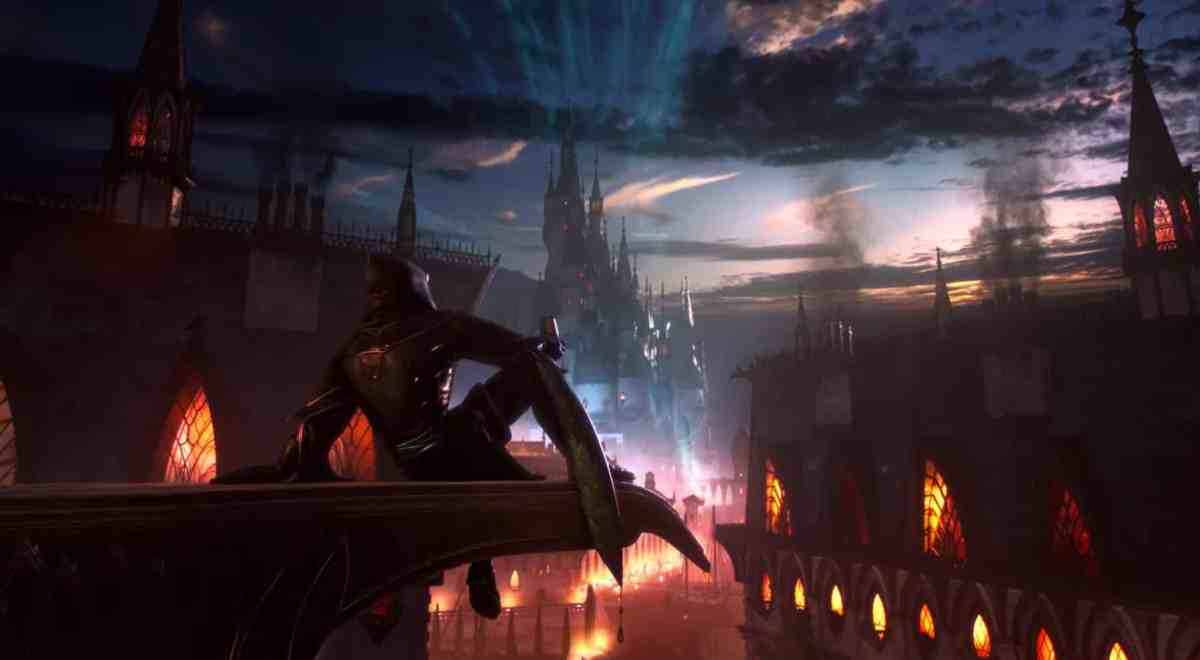There’s been a paradigm shift in the gaming industry recently: Video game publishers who are holding major reveal showcases have started to say ahead of time which games are not going to be part of those events. There’s no clear reason why everyone is suddenly on board with this. However, I hope this is the new normal going forward, because it makes everything about these events better and is a huge improvement in the industry.
Honesty Is the Best Policy… No, Really
This new policy started roughly around E3 this year. Development teams under the Ubisoft umbrella revealed that neither Prince of Persia: Sands of Time Remake nor the multiple Division projects in development would be shown at the publisher’s E3 event. WB Games also said that Gotham Knights, Suicide Squad: Kill the Justice League, and Hogwarts Legacy would be absent from its own event.
Even Nintendo got on this honesty bandwagon, letting fans know ahead of time that it would not be announcing any new hardware, but would instead focus on games that are set to be released fairly soon. While this wasn’t an explicit “no” to any particular game, it did puncture the at-the-time swelling hope of a “Switch Pro” reveal. And the mention of focusing only on games that are relatively close to completion would seem to imply we weren’t going to see the likes of Bayonetta 3 or Metroid Prime 4.

Ever since then, we’ve seen other publishers get in on this trend. Sony announced ahead of its recent State of Play event that it would not include “updates on the next God of War, Horizon Forbidden West or the next generation of PlayStation VR.” EA has also said that its upcoming EA Play event will not have Dragon Age, Mass Effect, or Star Wars content, (Well, technically BioWare told us about the first two, but same deal.) but will be mostly focused on Battlefield 2042 and probably some of its sports titles.
This may not seem like a big deal — at best, it may result in some short-term disappointment, right? But this is actually a huge deal for gaming events and, if publishers keep to this new trend, could improve them considerably.
Shows Are More Enjoyable When You Set the Right Expectations
Even if it’s unclear why all the game publishers seemed to decide on honesty as their new best policy now, I’m completely on board with this change. No more lackluster game showcases skating by on the implied promise of updates that don’t come. No more disappointed “Wait, was that it?” live-tweets.
Be honest, how many times have we all (me very much included) tuned into an event hoping for news of Game X or Indie Y? We sit there, nails pressed between our teeth, as the minutes tick by and the game we’re hoping to see doesn’t appear. Then the presenter says, “Oh, and one more thing,” and we hold our breath in expectation. Half the time, it’s not what we wanted and we feel crushed and disappointed; half the time it is, but the euphoric high is relatively short-lived given the brevity of the usual “one more thing” reveal.

Knowing ahead of time what’s going to be in a video game showcase lets us adjust our expectations appropriately. Here’s an example: You’re excited for the upcoming EA Play event, because you’re hoping to see gameplay footage of Dragon Age 4. Now imagine that EA did not tell you ahead of time that the game wouldn’t be at the show. You’d spend a miserable 30-60 minutes waiting to see your game appear, only to see mostly footage of Battlefield 2042.
But if you know that Dragon Age 4 is not going to be part of the show, then you can either sit back and enjoy the Battlefield 2042 content or skip the event entirely and do something more fulfilling with your precious time on this earth. Either way, you haven’t spent that time waiting for a game the publisher knew it wasn’t going to show you.
This new policy of honesty also improves the game showcases. Now publishers will have to put on a good show without trading on expectations they have no intention of fulfilling. Knowing that they’re not going to attract a large crowd of the aforementioned miserable Dragon Age fans, they can focus on giving the Battlefield fans more detail and gameplay footage. In short, they can make it the best damn Battlefield show around — not saying they will, but they can, and they won’t get a million angry tweets afterwards asking why Dragon Age 4 wasn’t there.
If publishers want to keep improving their events, then this policy of telling us what to expect gives them a chance to actually surpass those expectations, rather than have half the audience walking away dejected and unfulfilled.
